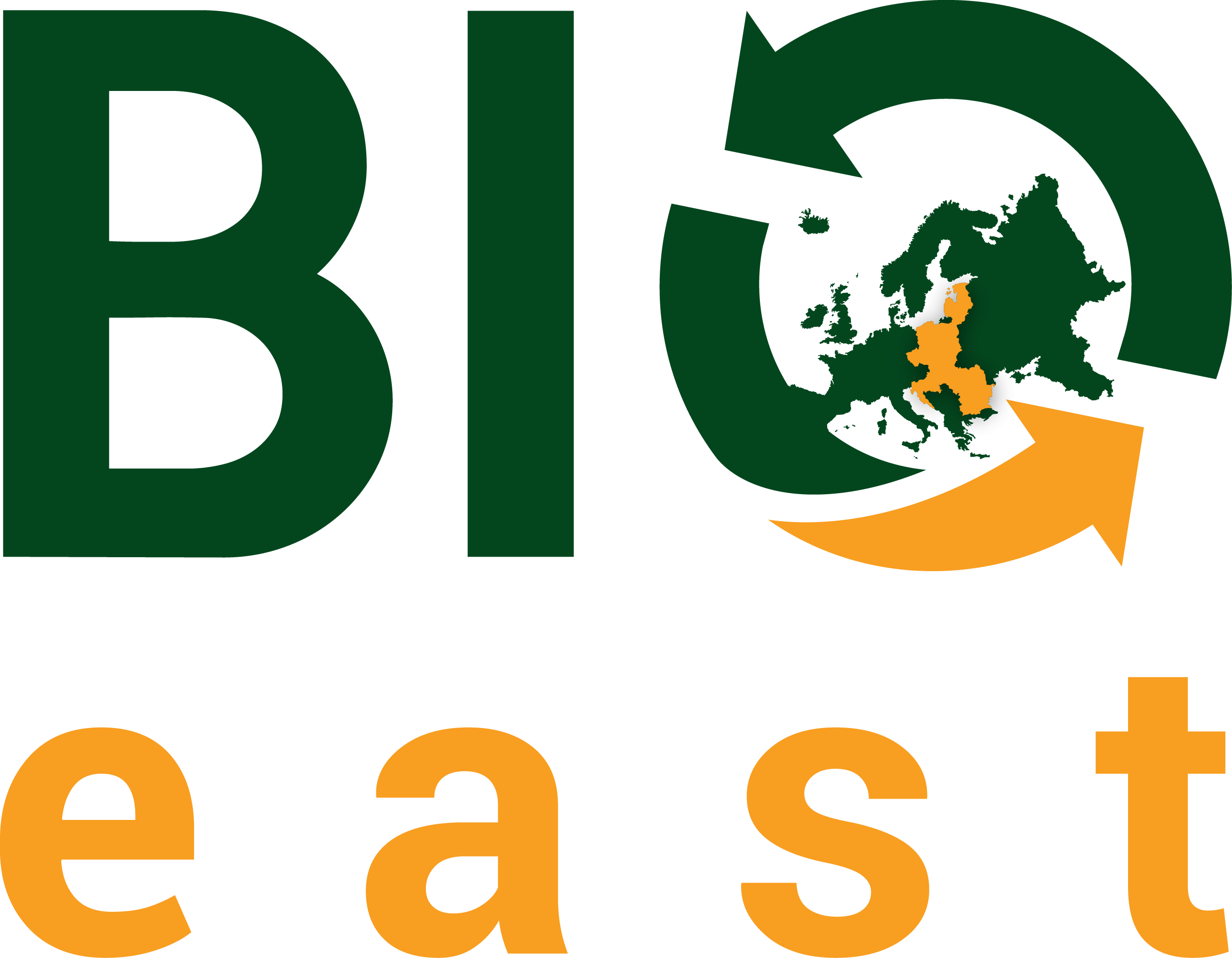Coordinated by Ministry of Agriculture and Rural Development and Polish Academy of Sciences, Poland
Contact Justyna Cieślikowska justyna.cieslikowska@minrol.gov.pl and Pawel Chmielinski pchmielinski@irwirpan.waw.pl
Description
There is a need to jointly develop and implement innovative solutions (also reinforce already existing ones) to improve the efficiency and sustainability of food systems in Central and Eastern European (CEE) Countries. Therefore, the purpose of cooperation within the BIOEAST Thematic Working Group on Food Systems is to increase participation and influence the policy-making process of research and innovation in the field of food systems in the macro-region, as well as to actively represent the CEE countries in debates on EU Research and Innovation (R&I) policy framework, including FOOD 2030 strategic plan.
The TWG provides the opportunity to the participants to share knowledge and engage in a dialogue with representatives of research, other MSs and EU high-level institutions on issues specific to their national and regional priorities in Central and Eastern Europe, with a focus on the role of food systems in bioeconomy development, the state of the Food systems partnerships, issues of Food waste and the circular economy as well as food safety and the Farm to Fork strategy.
A recent report of the Standing Committee on Agriculture Research (SCAR) on Food Systems research by European MSs has signalled that food systems are of particular interest in MS research policies. Currently, the EU and global food systems are affected by major challenges such as climate change, its migration, a growing world population, urbanisation and resource scarcity, in addition to the “triple burden” of malnutrition (undernutrition, obesity, and hidden hunger), ageing and food poverty. Research and innovation is key to developing high-impact solutions to future-proof our food systems. There is a need for policy narrative advocating a complex approach to research and innovation on food systems and connecting producers and consumers, engaging a wide diversity of actors to build innovative and integrated value chains concerning sustainable farming systems, environmental challenges and human health.
The objectives of the BIOEAST Food Systems Thematic Working Group are:
– To study and synthesize national agricultural research and innovation strategies to support the elaboration of SRIA,
– To catalyse future reflections and discussions at national and regional level regarding the need to work together to tackle food system transformations,
– To analyse pathways towards the sustainable increase of biomass production, to become competitive and leading, high quality, food and feed producers, To provide existing knowledge with new ideas on the food systems to boost consumer trust, foster food safety and food quality; supporting the shift to more sustainable and healthy diets, incl. new insights in our food system’s microbiome and provide ideas for cutting food system-related waste,
– To better understand social changes (e.g. climate change, consumer choices, migration, personalised nutrition) and how they drive changes in exposure patterns, and choices in diets that may constitute new hazards,
– To provide the background enabling better assessing the impact of new technologies on food production and circular economy (e.g. emissions, food waste).
The development of bioeconomy strategies at macroregional, national and regional/local level could provide the framework to respond to these challenges while ensuring food security for the increasing global population and contributing to more circular and sustainable production systems, thus providing new opportunities for growth and rural development.
